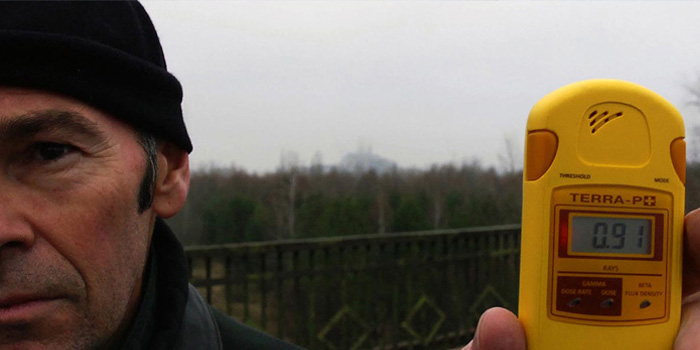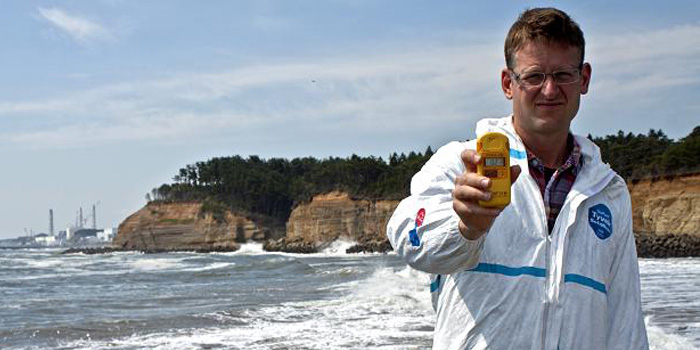Pandora’s Promise
|
It succeeds in pointing out that past nuclear accidents have occurred with poorly or recklessly designed reactors atypical of current or prospective installations, that background radiation at Chernobyl and Fukushima isn’t abnormally high, that figures for accident related deaths are bandied about with much variance and conspiracy, and that weapons proliferation isn’t obviously linked to the number of reactors operating globally. However it neglects to consider health threats other than from ambient radiation. Food contamination isn’t examined. It overlooks the potential consequences of nuclear power stations operating in politically unstable, impoverished and less policed regions and the resulting availability of nuclear weapons materials there. It also barely mentions commercial viability, though given the urgency of our problems the consideration is arguably minor. A rosy but suspiciously slight survey of next generation reactor technology supplies a happy ending. There may be answers to these questions but Pandora’s Promise doesn’t go there. A complete picture can’t be addressed in a 90 minute documentary. But by skipping or glossing over so much and focussing on anti-nuclear turncoats who freely admit to adopting positions based on only a passing familiarity with the facts; by giving so little attention to current advances in long-neglected renewables as a comparison, Pandora’s Promise may encourage further curiosity and research in some viewers but counterproductively leaves itself open to attack and further fermentation of doubt.
|
 This unabashedly pro-nuclear documentary makes a good case, or rather an already well established case, that we need to find, by yesterday, a viable alternative to fossil fuels given the current dangers to human survival presented by combustion power. The film asks us to consider a possible no-brainer that the dangers of nuclear power are small by comparison. Unfortunately a viewing of Pandora’s Promise may leave those with an open mind, or those hoping to be convinced of its virtues, less certain about it’s viability than they were priorly. If this is a discussion worth having and a case that can be won then Pandora’s Promise represents a missed opportunity.
This unabashedly pro-nuclear documentary makes a good case, or rather an already well established case, that we need to find, by yesterday, a viable alternative to fossil fuels given the current dangers to human survival presented by combustion power. The film asks us to consider a possible no-brainer that the dangers of nuclear power are small by comparison. Unfortunately a viewing of Pandora’s Promise may leave those with an open mind, or those hoping to be convinced of its virtues, less certain about it’s viability than they were priorly. If this is a discussion worth having and a case that can be won then Pandora’s Promise represents a missed opportunity.